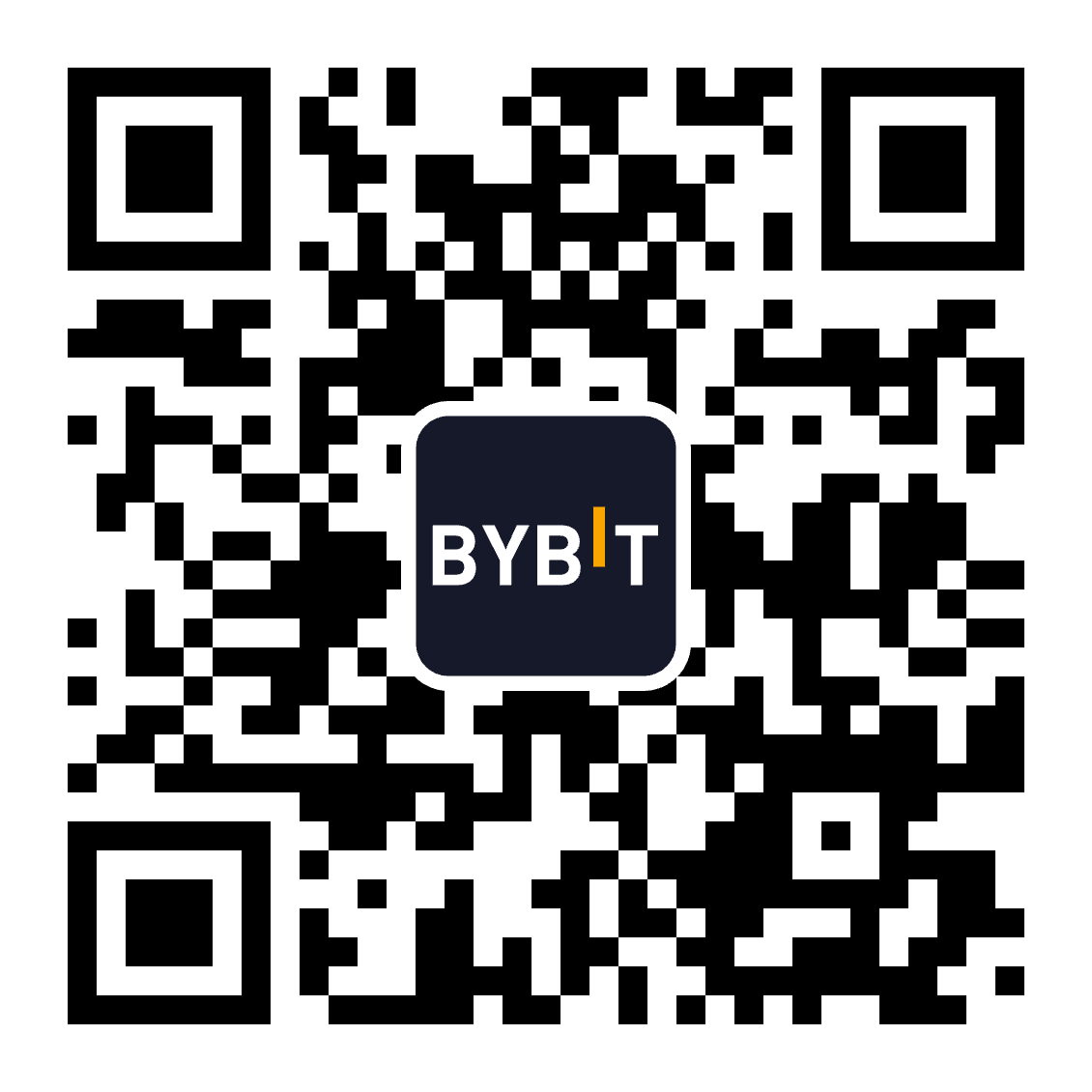Phala: Powering Decentralized AI Computing
Show More
Quickly grasp the article's content and gauge market sentiment in just 30 seconds!
The intersection between AI and web3 became the predominant narrative in the crypto market in 2024, a trend that’s likely to continue in 2025. New and emerging projects — such as Virtuals Protocol, ai16z and GOAT — have shown glimpses of what’s possible when these two emerging technologies collide.
As AI technology spreads, the privacy of the model that’s training data sets becomes an important issue. Phala Network offers a solution to this pressing concern.
Key Takeaways:
Phala Network combines trusted execution environment (TEE) and blockchain technologies to ensure secure, private and scalable AI computations.
Its TEE-based verification is faster and cheaper than zero-knowledge proofs, and offers a more efficient solution for large-scale AI workloads.
Phala’s partnership with ai16z to enhance Eliza’s framework solidifies its role as a key infrastructure provider for privacy-focused AI in web3.
Overview Of Phala Network
Phala Network is a cloud computing platform that runs AI models and programs inside a secure module called a trusted execution environment (TEE). TEEs are isolated environments that guarantee the code and data loaded inside are protected from external observation or tampering. This method allows Phala to execute sensitive information like AI model training and inference without compromising the privacy of the data or the integrity of the process.
Through this innovation, Phala has managed to carve out a niche as the go-to AI coprocessor on web3. In 2024, it hit several notable performance metrics, as detailed below:
AI Agent Contract Execution | 758,279 times |
Workers (Nodes) of the Network | 37,650 |
Total On-Chain Addresses | 42,900 |
Operator Reward | 113,342,200 PHA |
Total Delegation | $183 million |
Stake Ratio of PHA Token | 23.85% |
To understand Phala’s strong growth in the AI sector, let’s delve deeper into its hybrid architecture and discover what sets it apart from its competitors.
What Is a Trusted Execution Environment (TEE)?
Phala uses a TEE-blockchain architecture that combines the strengths of TEEs and blockchain technology to create a secure, scalable and efficient system.
TEE refers to a segregated area of hardware that’s protected from the rest of the system using encryption. Data in the TEE can’t be read or tampered with by any code outside that environment; only trusted applications within the environment can access and modify the data. This architecture has been used by governments, enterprises and other cloud service providers to enable secure handling of confidential information on traditional Web 2.0 mediums. With Phala’s integration of TEE to blockchain, web3 DApps have also gained access to the same level of security.
Within this hybrid architecture, once the TEE handles secure, off-chain computations, the blockchain is used to verify their integrity and make sure the computations have been executed as intended. This hybrid approach allows Phala to combine the trust of blockchains with the privacy of TEEs, thereby addressing the limitations of both systems.
Since this approach is similar to that of zero-knowledge proofs (ZKPs), comparisons between the two are inevitable. While TEE proofs and ZKPs share the same goal of ensuring computational integrity and verifiability, they differ in their construction and operation. The computational cost of generating a TEE proof is significantly lower than for a ZKP. In addition, the sizes of ZKPs are also larger than those of TEE proofs, which increases the cost of on-chain verification. Therefore, TEE-based verification methods are often faster and cheaper than ZK-based methods.
Benefits of a Trusted Execution Environment–Blockchain Hybrid
Data Confidentiality: TEEs ensure that sensitive data such as AI inference remains protected from unauthorized access.
Computational Integrity: Blockchain is used to authenticate and verify the correctness of computations performed within TEEs, ensuring that results are trustworthy.
Efficiency: Compared to ZKPs, TEEs are faster and cheaper, making them ideal for large-scale computations like those required for artificial intelligence.
Scalability: By offloading computations off-chain, the hybrid architecture reduces the load on the blockchain and improves the scalability of the underlying chain.
How Does Phala Work?
Phala uses a 3-tier model to provide security, privacy and transparency. The image below depicts the inner workings of the network:
Governance is the top layer that manages the network. It blacklists untrusted hardware and verifies the integrity of the Key Management Service (KMS) code.
The Key Management System generates and manages cryptographic keys, ensuring that computations are secure and data is protected.
Root of Trust ensures that all hardwares, such as GPU and CPU and software (TEE) are secure and trustworthy.
The TEE provides a secure environment for the DApps to run on.
Remote Attestation is used to ensure the authenticity of TEE transactions stored on the blockchain.
Phala 2.0 & DStack
On Phala 1.0, TEEs were CPU-centric in providing security and privacy. However, most AI models depend upon GPUs for the bulk of their computational requirements. To meet this new and emerging demand, the Phala team decided to upgrade the network to Phala 2.0, which brings in GPU TEE support. This enables higher processing power and efficiency to handle demanding AI workloads. With this upgrade, Phala is also integrating NVIDIA Confidential Computing technology, which allows sensitive GPU-based computations to remain isolated and protected, even if the host machine is compromised.
Another major recent release from Phala Network is Dstack, a computer solution that empowers developers to offload sensitive workloads into a secure environment. The Dstack SDK streamlines the deployment process, enabling seamless program integration with Phala Network's Confidential Virtual Machine (CVM). It provides developers with an experience comparable to Web 2.0 cloud services such as Amazon Web Services (AWS), but with enhanced security.
Phala Partnership With ai16z
In December 2024, Phala announced a new collaboration with ai16Z to build Eliza’s TEE framework. Eliza has emerged as the leading open-source AI agent framework on Solana. Through this partnership, Phala is furthering its role as a privacy-preserving AI framework. By utilizing Phala Network’s TEE, Eliza’s various capabilities will gain cryptographic verifiability and enhanced privacy across different platforms like Telegram, X (formerly Twitter) and Discord. Additionally, Phala’s modularity and custom plug-ins will offer Eliza improved scalability and developer-friendly integrations.
PHA Utility and Tokenomics
PHA is the native token of the Phala Network. It serves multiple purposes on the network, such as the following:
Reward Mechanism: Compensates node operators for their contributions
Transaction Fees: Used to pay for executing programs or AI agent contracts
Governance Role: Empowers holders to participate in decision-making within the network
Staking: Strengthens network security through staking
The token was launched through an Initial Parachain Offering. It has a total supply of 1 billion and a fully diluted valuation (FDV) of $373 million. Initial token distribution was as follows:
Future Outlook for Phala
The intersection of AI and cryptocurrencies is a new and emerging trend in web3. As with Layer 1 blockchains and DeFi, emerging sectors in the blockchain space often experience intense hype cycles, attracting significant attention and capital. Such growth will eventually demand the development of robust infrastructure to support scalability and innovation. For instance, during the DeFi summer of 2020, projects like Chainlink rose to prominence as oracles became essential for the operation of decentralized exchanges (DEXs).
Similarly, Phala aims to position itself as a foundational infrastructure provider in the AI sector, becoming a key player in the ecosystem through its innovative use of TEE-blockchain hybrid architecture that allows it to provide fast, cheap and secure AI computation.
Bybit users can now trade PHA by heading to the PHAUSDT Perpetual contract page.
#LearnWithBybit
Grab Up to 5,000 USDT in Rewards
Get additional 50 USDT welcome gift instantly when you sign up today.







